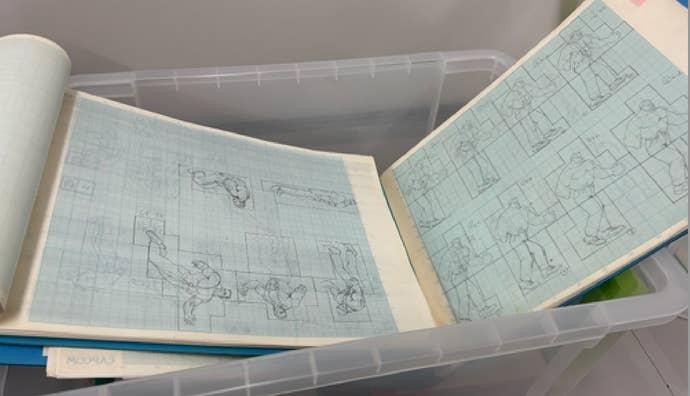Square Enix, Capcom, Taito, and Sega have pledged to "archive past development materials"

Notable Japanese gaming companies, including Square Enix, Capcom, Taito, and Sega, have announced initiatives to preserve historical game development resources.
According to a report from Gamemakers.jp, efforts by Square Enix and Bandai Namco to safeguard development assets like concept art from the late 20th century are now being joined by other key industry players.
During a SIGGRAPH Asia 2024 session titled "The Cutting Edge of Preservation," representatives from Square Enix, Capcom, Sega, and Taito discussed their approaches to archiving development material to document Japanese gaming history thoroughly.
The session emphasized that while companies retain these materials, ensuring their proper conservation remains a challenge. Preserving such resources is crucial for the accurate portrayal and sharing of Japanese gaming heritage globally.
This preservation initiative is viewed as a promising step towards enhancing the societal cultural significance of digital games, with companies intending to make these historical resources publicly accessible and inform practical use cases.
Specific actions being taken include Capcom's establishment of the Capcom Illustrations Archive System (CIAS). Taito acknowledged past difficulties with storage due to the size of arcade cabinets but has since shifted to preserving documents in specialized containers and digitizing essential documentation while maintaining legacy arcade components.
Sega's preservation activities, ongoing for about a year, focus on maintaining vintage arcade cabinets and producing accurate reproductions of old consoles. Additionally, they are developing high-precision emulations from original data for games dating back to the 1980s.
In related news, GOG joined forces with the European Federation of Game Archives, Museums, and Preservation Projects (EFGAMP) earlier this year, further promoting game preservation as a cultural endeavor in Europe.
This alignment showcases collaboration between private sector entities and cultural organizations, including institutions like The Video Game Museum in Rome and Computerspielemuseum in Berlin, aiding in preserving the digital heritage of video games.